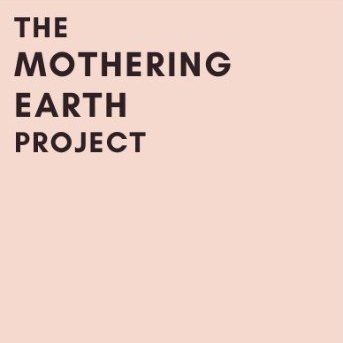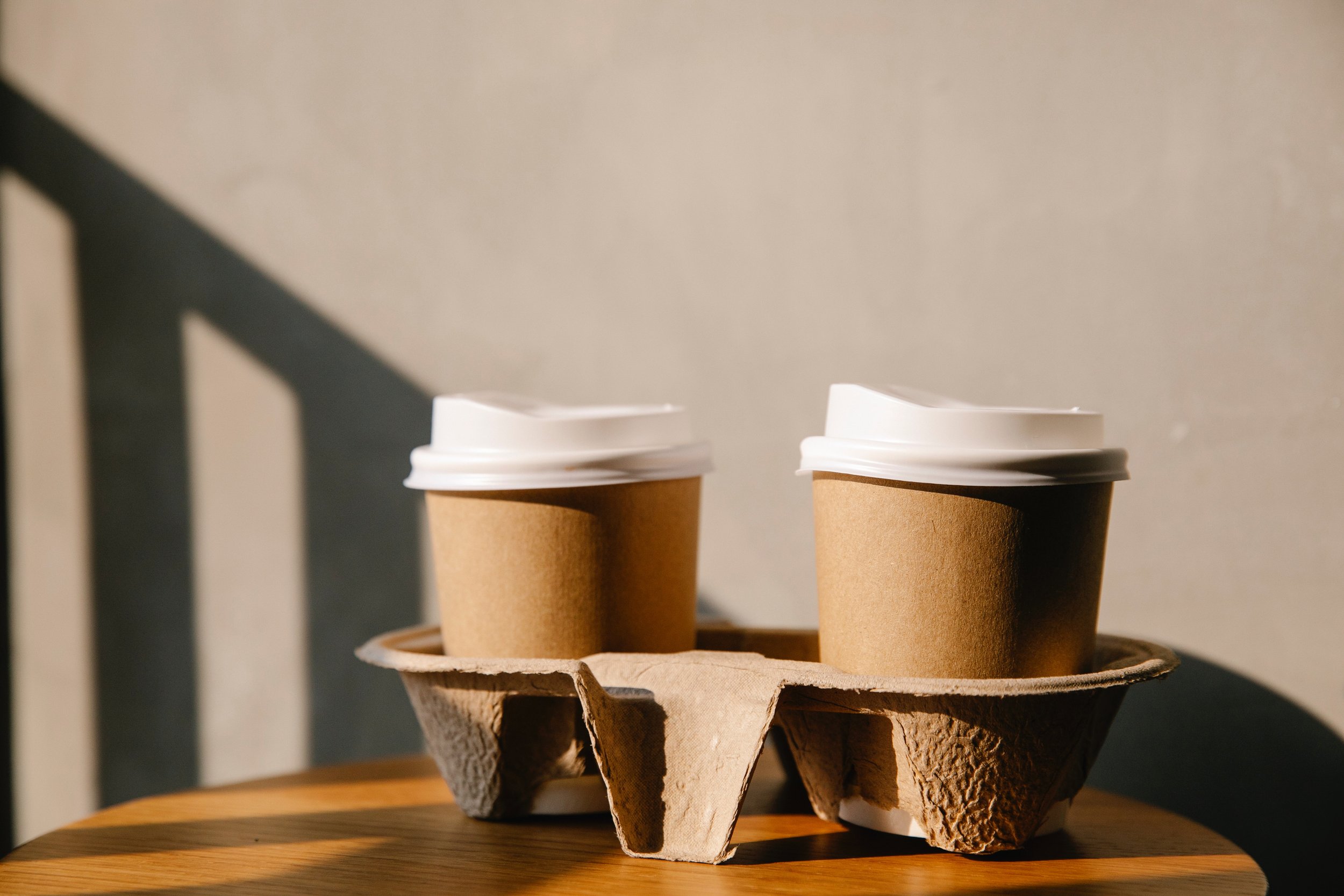Wait, That Can’t Be Recycled?
25+ Things You Should NOT Recycle Curbside
Wishcycling, or wishful recycling, is when you toss something into the recycling bin with the hopes that it can be recycled. Why is this a problem? Because many of these items that aren’t recyclable then contaminate the recycling batch, making everything in the bin impossible to process (aka trash). Things like plastic bags, hangers, or electronic cords can also break sorting machinery – adding to costs and contributing to the closing of recycling centers. Because items that are incorrectly recycled can generate more waste, knowing how and what to recycle is an important piece of living sustainably.
Aerosol Cans
Empty aerosol cans are accepted through some local curbside programs (be sure to check). It should be thrown in the trash if the can isn’t empty and contains a non-hazardous product, like whipped cream. Cans containing a hazardous substances should be taken to a Hazardous Waste Facility.
Proper Disposal: It depends on the contents.
Batteries
Batteries can be recycled but typically not in curbside recycling. Do not put them in the trash as they can release toxic chemicals and cause fires in recycling centers or landfills.
Proper Disposal: Specialty disposal.
Eco-Family Tip: Remove batteries from toys before discarding them.
Bioplastics
Neither biodegradable nor compostable plastics can be recycled. If it says it’s made from plants, don’t throw it in the recycling bin.
Proper Disposal: Biodegradable bioplastic is trash. Compostable bioplastic is compostable.
Black Plastic
Often, black plastic cannot be detected by recycling sorting machines, so it ends up in the trash. However, a particular type of black plastic has been developed which can be recycled. You won’t know which is which, so it is ok to wishcycle black plastic, but the best option is to avoid it. (Black plastic often comes from recycled electronics and has been shown to contain phthalates, flame retardants, and heavy metals such as lead.)
Proper Disposal: Avoid, then recycle.
Clothing
Old clothing and textiles should not be thrown in the recycling bin. Unless you drop it off or send it to a specialty recycling program, it will end up in the landfill. Click here for more details on how to properly get rid of textiles.
Proper Disposal: Specialty recycling.
Coated Cardboard Drink Containers
Check with your local recycling center. Coated cardboard drink containers, such as milk cartons and juice boxes, cannot be recycled in many places.
Proper Disposal: Check with your local recycling center.
Coffee Pods
Some coffee pods are considered recyclable but are too small and are not compatible with all recycling sorting machines, so they end up in the trash. Some companies take back pods to recycle them. Additionally, there are some compostable pod options, but you must have access to commercial composting.
Proper Disposal: It depends upon the brand.
(Disposable) Coffee Cups
Disposable to-go coffee cups might be convenient but they aren’t recyclable. Because they are made of mixed materials (generally paper and a layer of plastic to keep them from leaking), many recycling programs do not accept them. The cardboard sleeve and some lids, however, can be recycled. A reusable hot beverage travel mug is the best option.
Proper Disposal: Check with your local municipality but likely trash.
Egg Cartons
Styrofoam egg cartons are trash. Some facilities will recycle clear plastic egg cartons, but not all. Paper egg cartons can be recycled, but if they’re dirty, they should be composted (or they’re trash).
Proper Disposal: It depends upon the material.
Electronics
Electronics and cords (including holiday lights) need to be brought to a local e-waste center. Best Buy has one of the most substantial recycling programs if you don’t have a drop-off location offered through your city.
Proper Disposal: E-waste drop-off location.
(Some) Glass
Not all glass can be recycled. Glass types that belong in the trash include Pyrex (and other heat-resistant glass), ceramics, drinking and wine glasses, plates, art glass, leaded crystal, and mirrors. Light bulbs and electronics with glass should go to specialty recycling / hazardous waste. Broken glass should be placed in a bag and thrown away in the garbage.
Proper Disposal: Trash or specialty recycling.
Hangers
Metal hangers get tangled in recycling equipment. Plastic hangers are often made of mixed plastic and can’t be recycled. Wood hangers are often treated and cannot be composted. Unless you repurpose a broken hanger, it’s trash. Extra hangers can be given away or taken back to the dry cleaners.
Proper Disposal: Trash.
Hardcover Books
If it has its hardcover, it’s trash. If you remove the pages, you can recycle the paper (unless it’s water damaged and then they’re trash). Paperback books can be recycled. Try donating books though instead of tossing them.
Proper Disposal: Donate (then trash).
Medical Waste
Prescription bottles, plastic syringes, etc., are considered biohazards and therefore cannot be recycled. Contact your local pharmacy for information on local disposal locations. And be sure to remove any labels with personal information from your old prescription before dropping them off at disposal points.
Proper Disposal: Pharmacy disposal drop-off.
(Most) Lids + Tops
Small bottle tops and lids are often too small to make it through the sorting machines. Additionally, many are made of polypropylene, also known as plastic #5, which can’t typically be recycled.
Proper Disposal: Trash.
Napkins, Paper Towels, and Tissues
Although napkins, paper towels, and tissues are paper products, they are not recyclable.
Proper Disposal: Compost.
Pizza Boxes
Recycling contamination is a significant issue. Food and water can contaminate the recyclables in your recycling bin and impact their ability to be recycled. If the paper gets wet, it cannot be recycled.
Proper Disposal: Compost.
Plastic #3 (and often 4-7)
The three-arrow recycle symbol found on plastics with the number in the middle only indicates the type of plastic it is, not whether or not it’s recyclable. Plastic with the 1 and 2 labels are generally accepted in curbside recycling. Number 3-7 plastics are often not recyclable.
Proper Disposal: Trash.
Shredded Paper
Because of its size, the paper fibers are too short to be processed so even if you recycle it, it will likely end up in the landfill. To increase its chance of being recycled through your curbside program, it will need to be bundled together in a bag or box (check with your local municipality to confirm how). If shredded paper is not recyclable in your area, you can reuse it as a fire starter, compost layers, or as packing material when shipping, moving, or to fill gift boxes.
Proper Disposal: Check with your local recycling program.
Soft Plastics
Plastic bags, plastic wrap, and bubble wrap typically cannot be recycled in your curbside pickup. You can collect them and recycle them at a drop-off bin in front of your local grocery store in select locations.
Proper Disposal: Trash or specialty drop-off.
Squeeze Pouces
If you have kids, you’re likely aware of the squeeze pouch craze which are commonly used for baby food or apple sauce on the go. Unfortunately, they are made of mixed materials and cannot be recycled.
Proper Disposal: Trash.
Styrofoam
Styrofoam cannot be recycled curbside and is considered trash. However, select counties have drop-off locations for certain Styrofoam materials such as packing peanuts which can be reused. You can also post on a free marketplace to see if someone needs it for moving.
Proper Disposal: Trash or specialty drop-off.
Toys
Even if parts of a toy are recyclable, many toys are made of mixed materials making them impossible to recycle.
Proper Disposal: Trash (or pass along if they’re not broken/fixable).
Paper + Foam Coffee Cups
Paper coffee cups are often lined with plastic to help prevent leaks, making them trash. Styrofoam coffee cups are also destined for the landfill.
Proper Disposal: Trash.
Plastic Clamshells
Plastic clamshells, often found as food or product packaging, are technically recyclable (usually labeled #1 plastic) but very often cannot be recycled due to sorting systems, labels, or food residue. Check with your municipality to confirm if they are accepted in your area.
Proper Disposal: Check with your local recycling center.
Plastic Takeout Containers
Oil and food residue make plastic takeout containers unrecyclable unless they are thoroughly rinsed.
Proper Disposal: Trash (unless adequately cleaned).
Receipts
Receipts printed on thermal paper generally contain BPA. When they get recycled, they contaminate the other papers being recycled — adding nasty BPA to the recycled paper batch.
Proper Disposal: Trash.
Wet Paper
Paper that’s wet, damp, or contaminated with food cannot be recycled. It should be composted (or thrown in the trash if you don’t have access to composting). Avoid putting any wet containers in your recycling bin to keep paper dry.
Proper Disposal: Trash (unless you compost it).
Yogurt Cups
Many yogurt containers are made of #5 plastic is sometimes accepted through local recycling programs, but it is rare. Foil lids must be removed, cleaned, and rolled into a ball (the size of a baseball) to be recycled. Bioplastic yogurt cups (made from plants) cannot be recycled anywhere.
Proper Disposal: Depends on your local program.
share:

